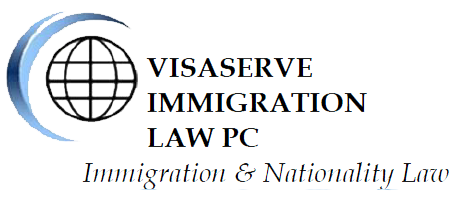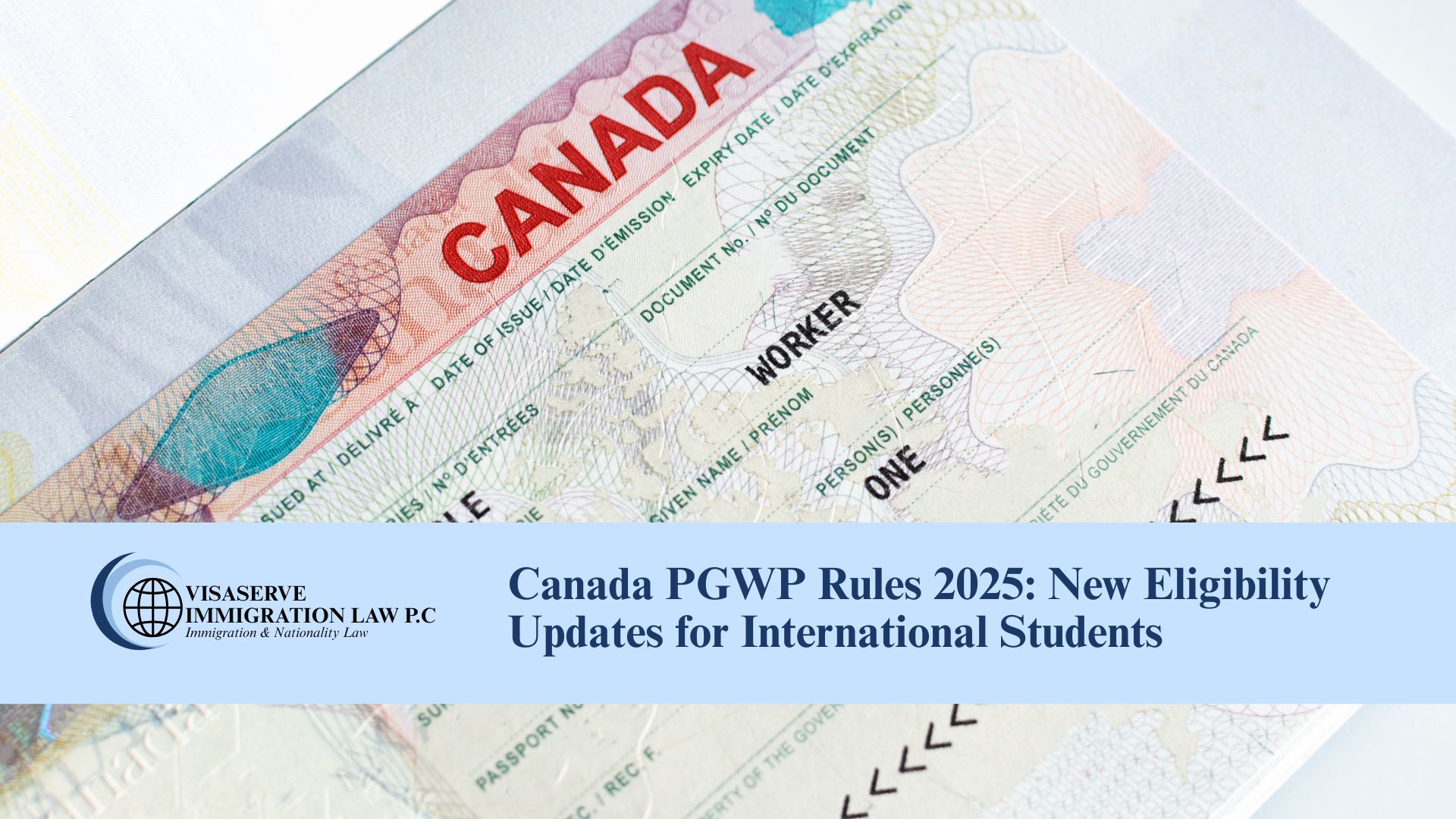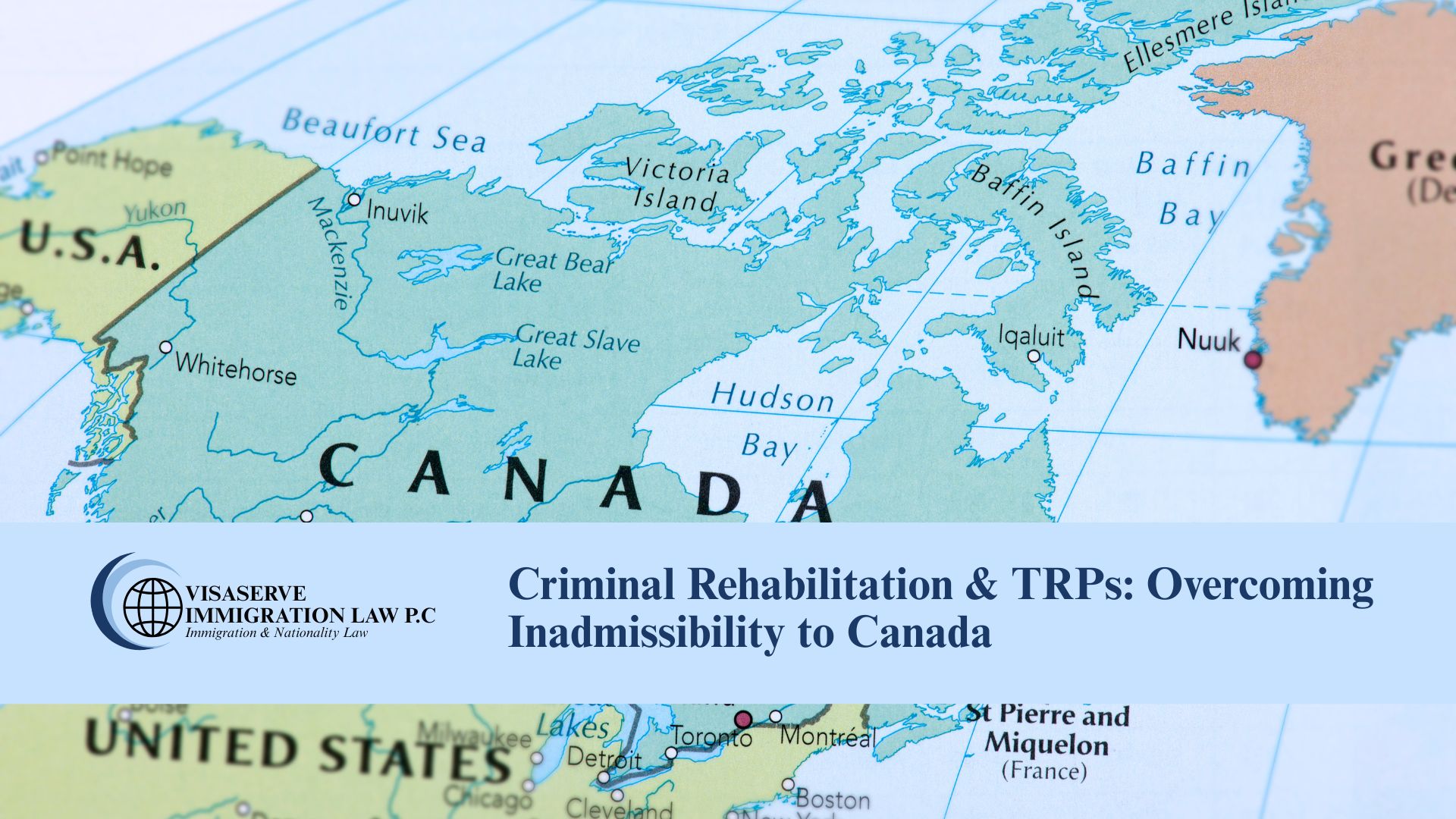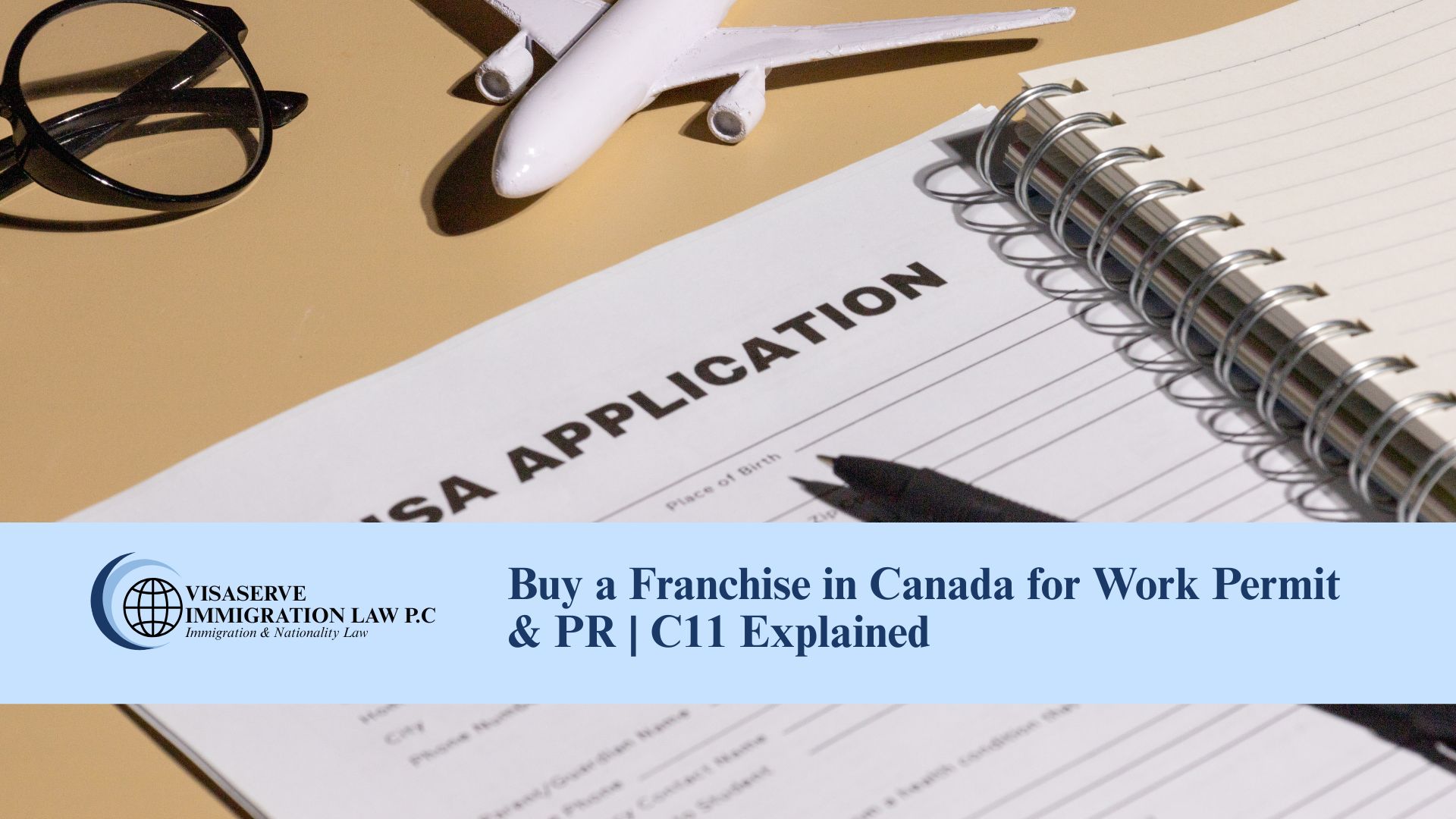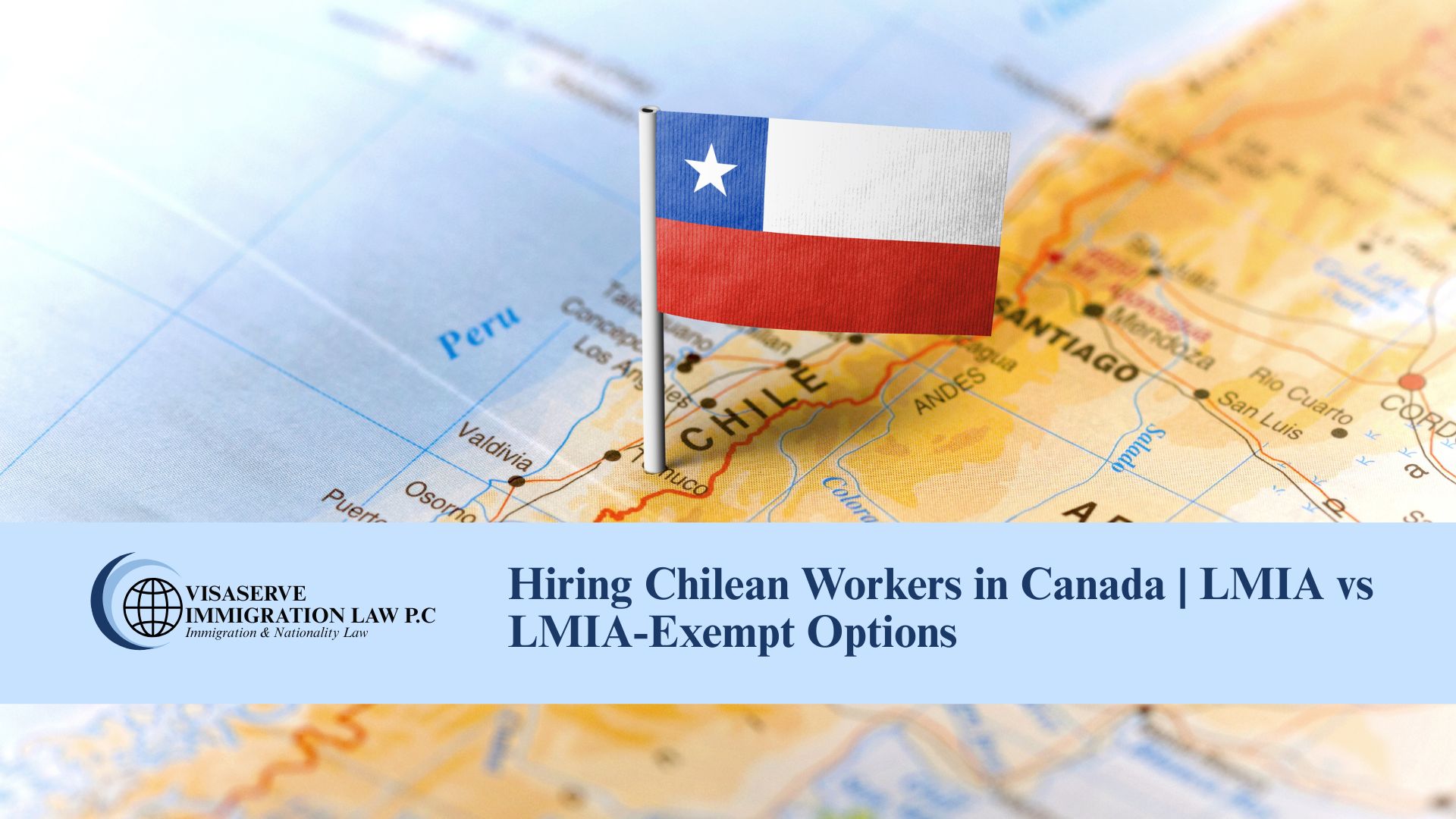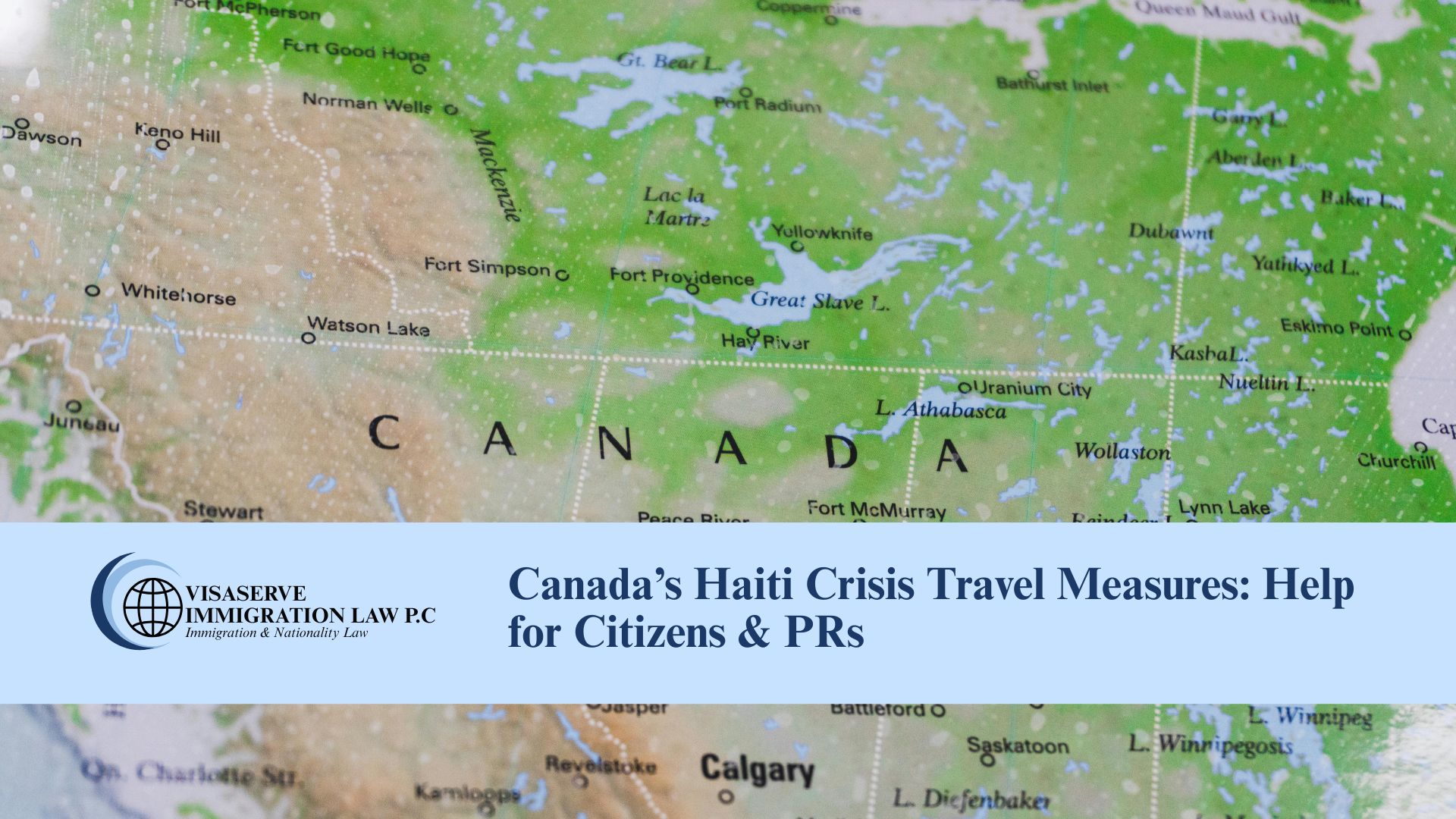Canada’s family reunification policy continues to serve as a cornerstone of the country’s immigration system. If you are a Canadian citizen or permanent resident, you may be eligible to sponsor your spouse, common-law or conjugal partner, or dependent child for permanent residence. As of September 23, 2022, all applications must be submitted online, and Immigration, Refugees and Citizenship Canada (IRCC) has introduced significant updates to streamline the process.
This article outlines the legal obligations, eligibility criteria, and step-by-step procedures for sponsoring a family member under the current IRCC guidelines and the Immigration and Refugee Protection Regulations (IRPR).
Who Can Sponsor
You may sponsor a spouse, common-law or conjugal partner, or dependent child if you:
-
Are at least 18 years old;
-
Are a Canadian citizen, a permanent resident living in Canada, or a registered Indian under the Canadian Indian Act;
-
Are not in receipt of social assistance (except for disability);
-
Can financially support the person you’re sponsoring.
If you’re a Canadian citizen living abroad, you must show intent to reside in Canada once the sponsored person becomes a permanent resident. Permanent residents living outside Canada are not eligible to sponsor.
Who You Can Sponsor
You can sponsor:
-
A legally married spouse;
-
A common-law partner (must have cohabited for at least 12 consecutive months);
-
A conjugal partner (in an exclusive relationship for at least one year and unable to live together due to extenuating circumstances);
-
A dependent child under the age of 22 who is not married or in a common-law relationship;
-
A child over the age of 22 who depends on you due to a physical or mental condition and has been financially dependent since before age 22.
Note: You cannot use this process to sponsor parents, grandparents, or siblings. Different sponsorship programs apply in those cases.
Key Legal Obligations of a Sponsor
As a sponsor, you are legally bound to:
-
Sign an undertaking promising financial support for basic needs, such as food, shelter, clothing, and health care not covered by public insurance;
-
Reimburse the government if the sponsored person receives social assistance;
-
Remain financially responsible even if your relationship breaks down or you move to another province.
Duration of Financial Obligation
-
Spouse or Partner: 3 years from the date they become a permanent resident;
-
Dependent Child (under 22): 10 years or until they turn 25, whichever comes first;
-
Dependent Child (22 or older): 3 years.
Who Is Not Eligible to Sponsor
You may be barred from sponsorship if:
-
You are currently in prison or have a removal order against you;
-
You have defaulted on a previous sponsorship, immigration loan, or court-ordered family support;
-
You were sponsored as a spouse/partner yourself and became a permanent resident less than 5 years ago;
-
You have been convicted of a violent or sexual offence against a family member or partner.
Refer to IRPR section 133 and IRCC guidelines for a full list of ineligibilities.
Application Process
All applications must now be submitted through the IRCC Permanent Residence online portal. The process includes:
-
Gathering Your Application Package: Use the IRCC wizard to get the correct forms, document checklist, and instructions based on the applicant’s country of residence.
-
Completing Forms: Both sponsor and principal applicant must fill out and digitally sign required forms. Include all dependents and ensure accuracy to avoid return of the application.
-
Paying the Fees: Fees range from CAD $170 for children to CAD $1,205 for spouses/partners (including the Right of Permanent Residence Fee).
-
Submitting Online: Upload all documents, validate all PDF forms, and submit with a digital signature. Incomplete applications will be returned.
-
Post-Submission Process: Includes biometrics, medical exams, background/security checks, and possible interviews.
Special Considerations
-
Open Work Permits: Spouses or common-law partners applying under the in-Canada class may apply for an open work permit during processing.
-
Children in Sole Custody: Must be declared, undergo a medical exam, and background check even if not accompanying the applicant.
-
Translation Requirements: All non-English or non-French documents must be translated with a certified affidavit.
-
Biometrics: Required for most applicants unless exempt.
Quebec-Specific Rules
If you live in Quebec, your sponsorship process includes additional steps under provincial authority. After federal approval, you must apply to the Quebec Ministry of Immigration (MIFI) and meet Quebec’s sponsorship requirements.
Final Notes
Sponsorship is a legal and financial commitment. Ensure you understand your obligations before applying. Submitting a complete and accurate application the first time can significantly reduce delays and the risk of refusal.
At Visaserve Immigration Law P.C., we help Canadian families navigate the complexities of family class sponsorship. If you are unsure about your eligibility or require representation, we invite you to consult with our licensed immigration professionals.
Disclaimer: This article is for general informational purposes only and is not legal advice. For personalized guidance, please consult an immigration lawyer.
